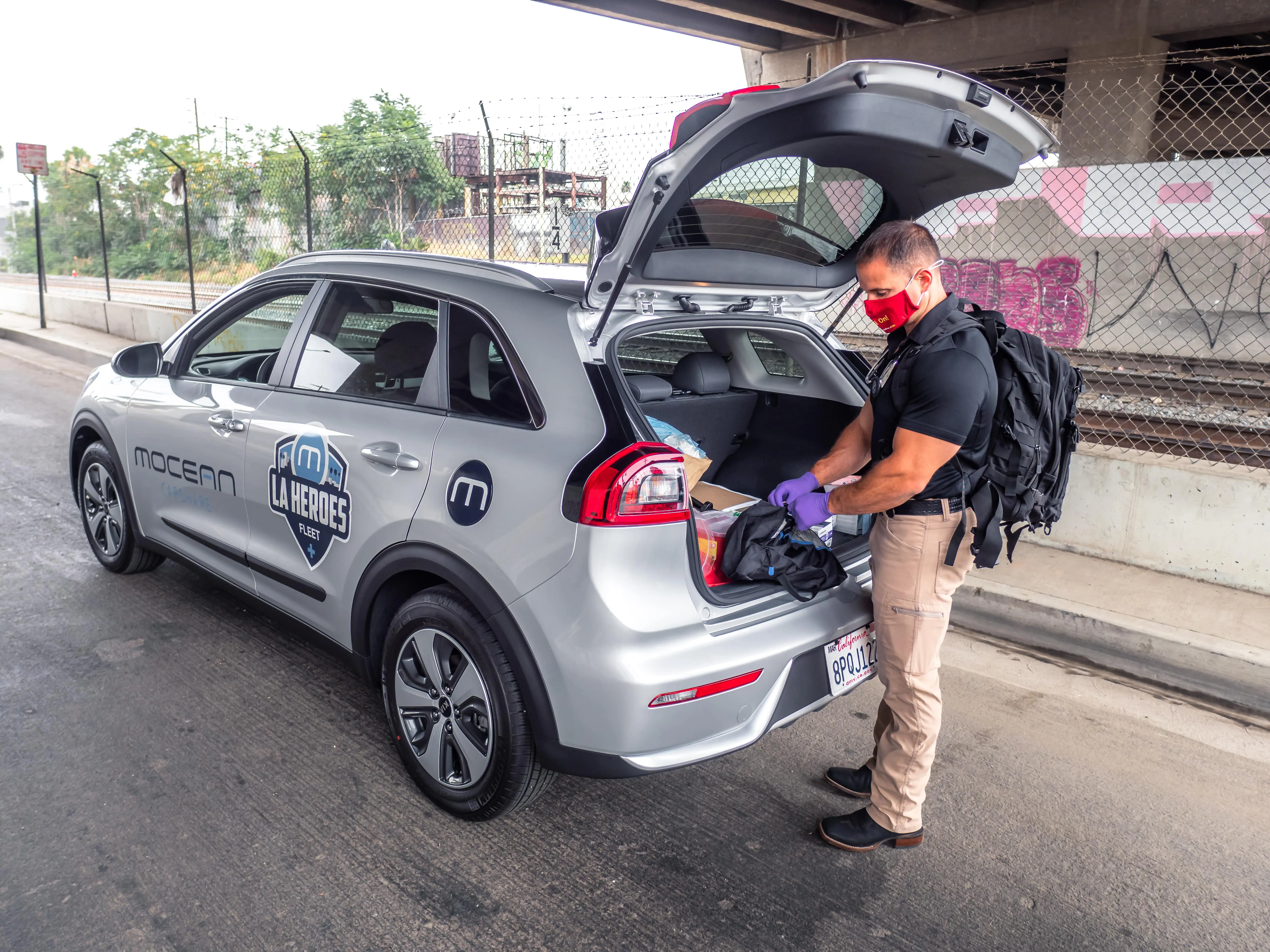Congestion on US Interstate highways added over US $9.2 billion in operational costs to the trucking industry in 2013, according to research released by the American Transportation Research Institute (ATRI). ATRI, the trucking industry’s not-for-profit research institute, utilised motor carrier financial data along with billions of anonymous truck GPS data points to calculate congestion delays and costs on each mile of Interstate roadway. Delay totalled over 141 million hours of lost productivity, which equ
May 1, 2014
Read time: 2 mins
Congestion on US Interstate highways added over US$9.2 billion in operational costs to the trucking industry in 2013, according to research released by the 5478 American Transportation Research Institute (ATRI). ATRI, the trucking industry’s not-for-profit research institute, utilised motor carrier financial data along with billions of anonymous truck GPS data points to calculate congestion delays and costs on each mile of Interstate roadway. Delay totalled over 141 million hours of lost productivity, which equated to over 51,000 truck drivers sitting idle for a working year.
ATRI’s analysis also established the states, metropolitan areas, and counties with the highest congestion costs. California led the nation with over US$1.7 billion in costs, followed by Texas with over US$1.0 billion. The Los Angeles metropolitan area saw the highest cost at nearly US$1.1 billion and New York City was close behind at US$984 million. Congestion tended to be most severe in urban areas, with 89 per cent of the congestion costs concentrated on only 12 percent of the Interstate mileage. This concentration of congestion has been well-documented in previous work by ATRI which identified the worst truck bottlenecks in the US. Of the 100 worst bottlenecks in ATRI’s 2013 bottleneck analysis, 98 were identified as having ‘severe’ congestion in this cost of congestion analysis.
The analysis also demonstrates the average impact of congestion costs on a per-truck basis. For example, a truck driven for 12,000 miles in 2013 saw an average congestion cost of US$408, while a truck driven for 150,000 miles had an average cost of US$5,094.
“Congestion is an unfortunate by-product of our just-in-time economy, and it’s a significant roadblock to our country’s productivity as well as its global competitiveness,” said Jack Holmes, President of1966 UPS Freight, the heavy freight division of UPS. “ATRI’s analysis quantifies congestion in a way that clearly shows the urgent need for highway investment.”
ATRI’s analysis also established the states, metropolitan areas, and counties with the highest congestion costs. California led the nation with over US$1.7 billion in costs, followed by Texas with over US$1.0 billion. The Los Angeles metropolitan area saw the highest cost at nearly US$1.1 billion and New York City was close behind at US$984 million. Congestion tended to be most severe in urban areas, with 89 per cent of the congestion costs concentrated on only 12 percent of the Interstate mileage. This concentration of congestion has been well-documented in previous work by ATRI which identified the worst truck bottlenecks in the US. Of the 100 worst bottlenecks in ATRI’s 2013 bottleneck analysis, 98 were identified as having ‘severe’ congestion in this cost of congestion analysis.
The analysis also demonstrates the average impact of congestion costs on a per-truck basis. For example, a truck driven for 12,000 miles in 2013 saw an average congestion cost of US$408, while a truck driven for 150,000 miles had an average cost of US$5,094.
“Congestion is an unfortunate by-product of our just-in-time economy, and it’s a significant roadblock to our country’s productivity as well as its global competitiveness,” said Jack Holmes, President of







